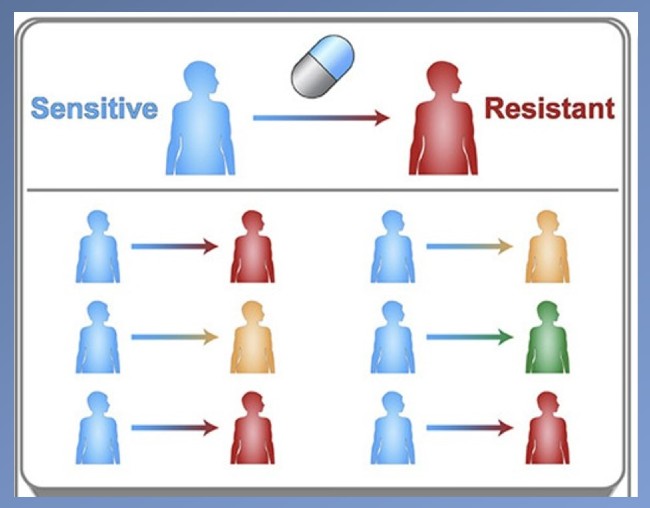Do you like our matching Shetland hats? Very warm. I just have to share one more photo from our vacation before it slips from my memory. 😊
In a previous newsletter I shared the joys and benefits of walking in nature.
Below I share a fascinating article. which shows that not all episodes of depression are the same.
This means that we must treat it differently using traditional methods. – as medication and therapy. The 7 lifestyle strategies below help prevent all types of depression.
What do you think is the number one prevention lifestyle strategy?
P.S. In my presentation – Resilience in Times of Uncertainty – I recommend each of the following 7 strategies. SEE DETAILS. Would you like me to introduce your team to October Mental Health Month?
Science reveals 7 lifestyle factors to reduce the risk of depression. But why?
Make no mistake: the employee mental health crisis is far from over. We need to share these findings.
This comprehensive review (published in Nature Mental Health) of 290,000 British adults by the University of Cambridge – shows that depression is often used as a general term – for a variety of disorders with different genetic, biological, psychological and environmental causes.
This also means that it requires different treatments. For example, only about a third of people prescribed antidepressants benefit from them.
This means that helping people with depression is an imperfect art. But, regardless of the cause, our lifestyle can influence its prevention and treatment.
These 7 lifestyle factors were associated with a reduced risk of depression:
- Sleep between seven and nine hours (22 percent)
- No smoking (20 percent)
- Frequent social contact (18 percent)
- Regular physical activity (14 percent)
- Not being too sedentary (13 percent)
- Consume no more than small to moderate levels of alcohol (11 percent)
- Eat a healthy diet, according to dietary guidelines (6 percent).
What we choose to do each day has a huge impact on our mood.
#mentalhealth #depression #resilience #mentalhealthspeaker



